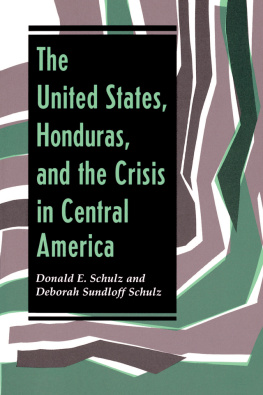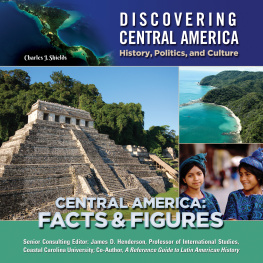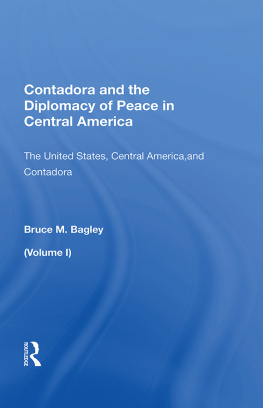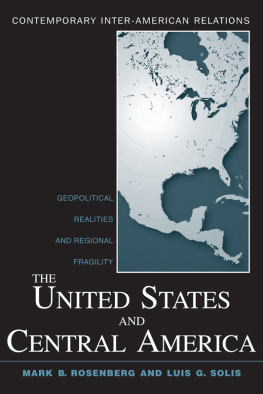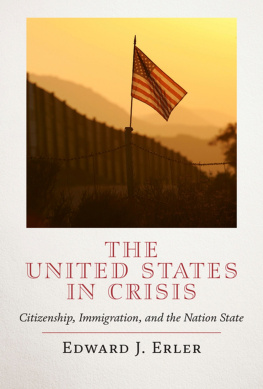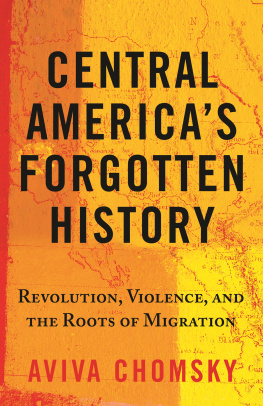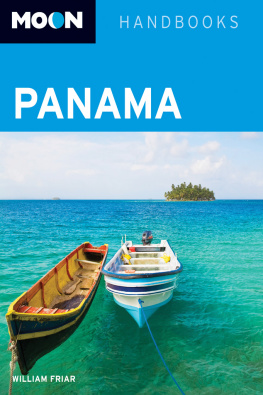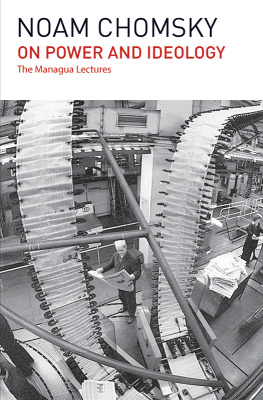Deborah Sundloff Schulz - The United States, Honduras, and the Crisis in Central America
Here you can read online Deborah Sundloff Schulz - The United States, Honduras, and the Crisis in Central America full text of the book (entire story) in english for free. Download pdf and epub, get meaning, cover and reviews about this ebook. year: 2018, publisher: Routledge, genre: Politics. Description of the work, (preface) as well as reviews are available. Best literature library LitArk.com created for fans of good reading and offers a wide selection of genres:
Romance novel
Science fiction
Adventure
Detective
Science
History
Home and family
Prose
Art
Politics
Computer
Non-fiction
Religion
Business
Children
Humor
Choose a favorite category and find really read worthwhile books. Enjoy immersion in the world of imagination, feel the emotions of the characters or learn something new for yourself, make an fascinating discovery.
- Book:The United States, Honduras, and the Crisis in Central America
- Author:
- Publisher:Routledge
- Genre:
- Year:2018
- Rating:3 / 5
- Favourites:Add to favourites
- Your mark:
- 60
- 1
- 2
- 3
- 4
- 5
The United States, Honduras, and the Crisis in Central America: summary, description and annotation
We offer to read an annotation, description, summary or preface (depends on what the author of the book "The United States, Honduras, and the Crisis in Central America" wrote himself). If you haven't found the necessary information about the book — write in the comments, we will try to find it.
The United States, Honduras, and the Crisis in Central America — read online for free the complete book (whole text) full work
Below is the text of the book, divided by pages. System saving the place of the last page read, allows you to conveniently read the book "The United States, Honduras, and the Crisis in Central America" online for free, without having to search again every time where you left off. Put a bookmark, and you can go to the page where you finished reading at any time.
Font size:
Interval:
Bookmark:
Series Editor

711 Third Avenue, New York, NY 10017, USA
2 Park Square, Milton Park, Abingdon, Oxon OX14 4RN
Product or corporate names may be trademarks or registered trademarks, and are used only for identification and explanation without intent to infringe.
Schulz, Donald E., 1942
The United States, Honduras, and the crisis in Central America /
Donald E. Schulz and Deborah Sundloff Schulz.
p. cm. (Thematic studies in Latin America)
Includes bibliographical references and index.
ISBN 0-8133-1324-4 (hardcover) ISBN 0-8133-1323-6 (paperback)
1. HondurasPolitics and government1982 2. Honduras
RelationsUnited States. 3. United StatesRelationsHonduras.
4. Central AmericaPolitics and government1979 I. Schulz,
Deborah S. (Deborah Sundloff) II. Title. III. Series.
F1508.3.S34 1994
972.83053dc20 93-45691
CIP
reserved for itself the most succulent,
the central coast of my own land,
the delicate waist of America.
It rechristened its territories
as the "Banana Republics"
and over the sleeping dead,
over the restless heroes
who brought about the greatness,
the liberty and the flags,
it established the comic opera.
- ii
- iii
- viii
Font size:
Interval:
Bookmark:
Similar books «The United States, Honduras, and the Crisis in Central America»
Look at similar books to The United States, Honduras, and the Crisis in Central America. We have selected literature similar in name and meaning in the hope of providing readers with more options to find new, interesting, not yet read works.
Discussion, reviews of the book The United States, Honduras, and the Crisis in Central America and just readers' own opinions. Leave your comments, write what you think about the work, its meaning or the main characters. Specify what exactly you liked and what you didn't like, and why you think so.

